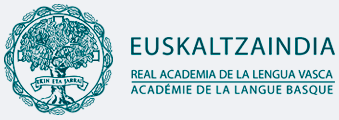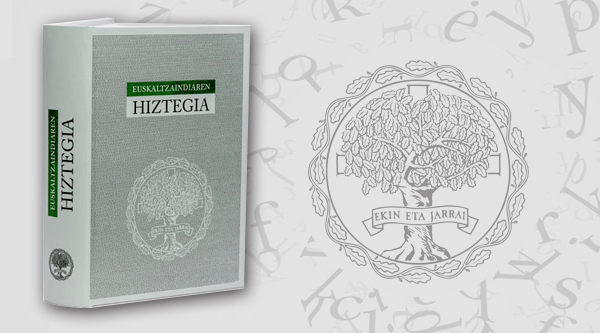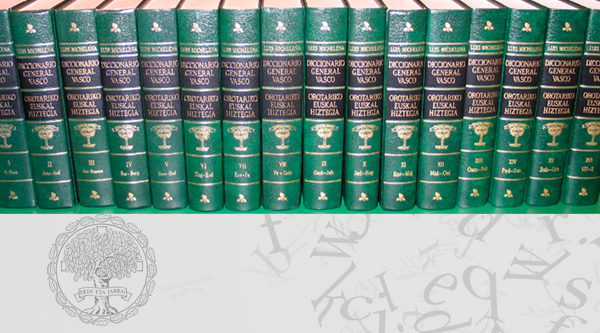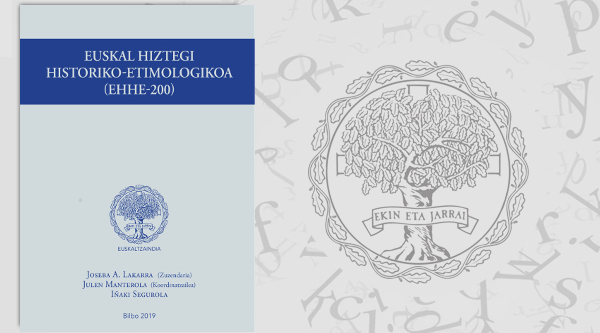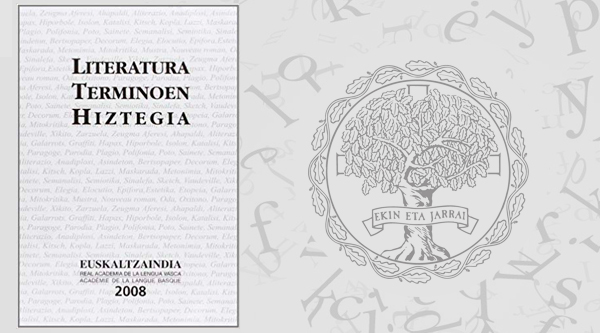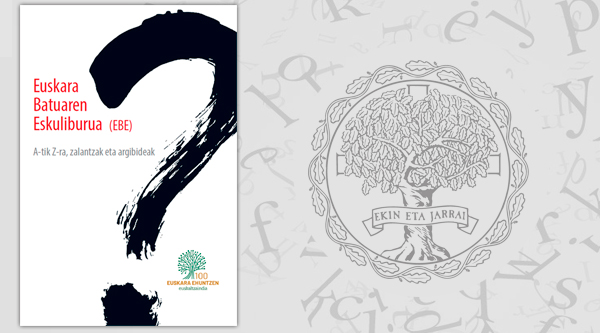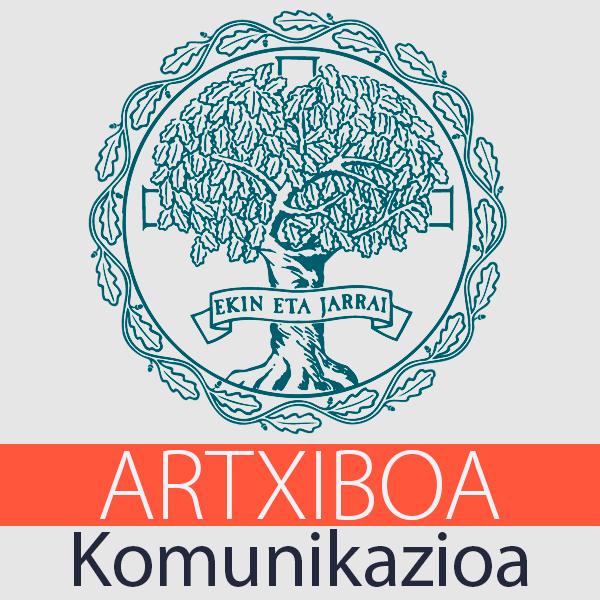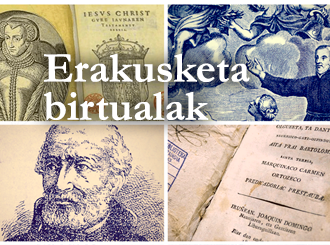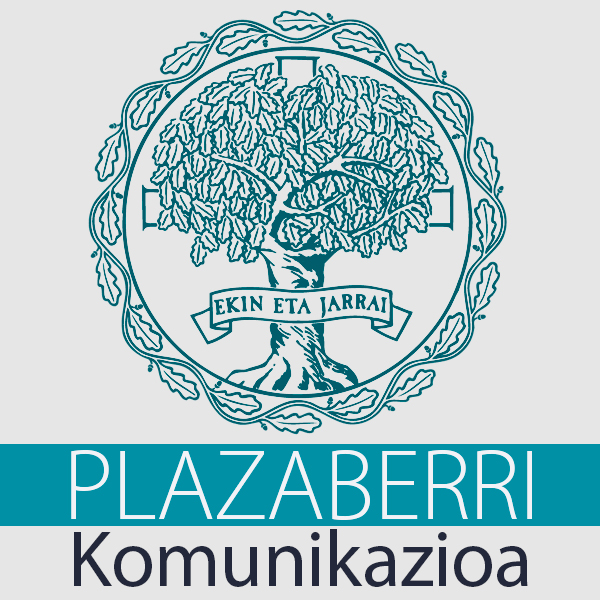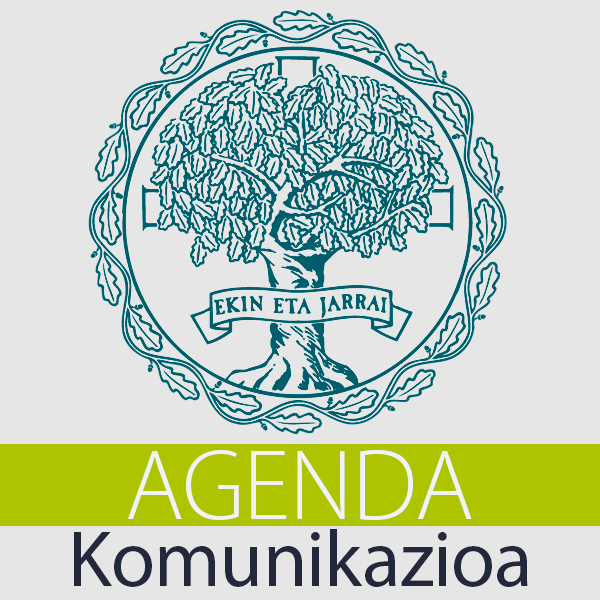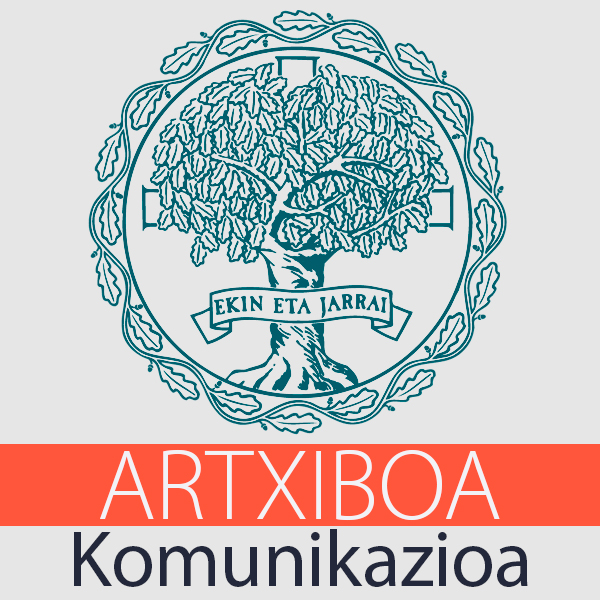Bilatzailea
Egoitza
- B
- BIZKAIA
- Plaza Barria, 15.
48005 BILBO - +34 944 15 81 55
- info@euskaltzaindia.eus
Ikerketa Zentroa
- V
- LUIS VILLASANTE
- Tolare baserria. Almortza bidea, 6.
20018 DONOSTIA - +34 943 42 80 50
- donostiaordez@euskaltzaindia.eus
Ordezkaritzak
- A
- ARABA
- Gaztelako atea, 54
01007 GASTEIZ - +34 945 23 36 48
- gasteizordez@euskaltzaindia.eus
- G
- GIPUZKOA
- Tolare baserria. Almortza bidea, 6
20018 DONOSTIA - +34 943 42 80 50
- donostiaordez@euskaltzaindia.eus
- N
- NAFARROA
- Oliveto Kondea, 2, 2. solairua
31002 IRUÑEA - +34 948 22 34 71
- nafarroaordez@euskaltzaindia.eus
Elkartea
- I
- IPAR EUSKAL HERRIA
- Gaztelu Berria. 15, Paul Bert plaza.
64100 BAIONA - +33 (0)559 25 64 26
- +33 (0)559 59 45 59
- baionaordez@euskaltzaindia.eus
